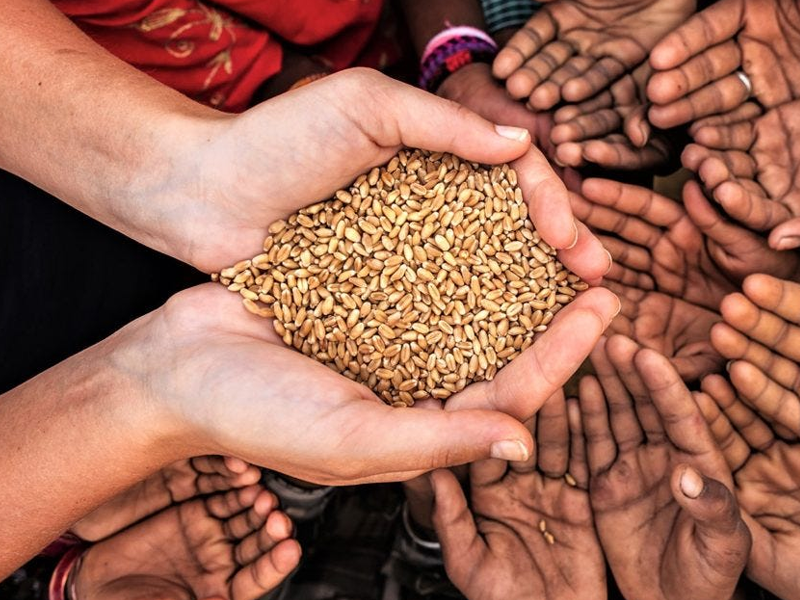Charity in Islam: nurturing compassion for global well-being

- 151
- 0
Introduction:
At the core of Islamic teachings lies a powerful force for good - charity. Rooted in principles like Zakat and Sadaqah, the concept of charity in Islam goes beyond just helping; it's about creating positive change. This article aims to explore the significance of charity in Islam in simple terms, shedding light on its principles and the impact it can have globally.
The Essence of Islamic Charity:
Islamic charity has two vital aspects: Zakat, a mandatory donation of 2.5% of accumulated wealth, and Sadaqah, encompassing voluntary acts of kindness. Zakat ensures a fair distribution of wealth, reaching those in need, while Sadaqah encompasses various ways to help, from giving money to volunteering.
Why Charity Matters in Islam:
Supporting Our Neighbors: Zakat specifically targets the less fortunate, like the poor, orphans, widows, and those in debt. This ensures that everyone in the community gets support, creating a fairer and caring society.
Growing Together through Charity: Charity in Islam is not just about money; it's about growing together as a community. The act of giving fosters a sense of togetherness, where people actively look out for one another, building stronger bonds.
Spiritual Growth through Charity: Giving in Islam isn’t just about the physical act; it's about spiritual growth. By sharing what we have, we detach ourselves from the desire for wealth, finding contentment in helping others.
The Expansive Reach of Islamic Charity:
Hands-On Help through Charity: Islamic charity encourages hands-on involvement. Inspired by Prophet Muhammad (peace be upon him), Muslims are urged to actively volunteer and directly engage in acts of kindness.
Learning and Growing through Charity: Islamic charity supports education. By contributing to schools, scholarships, and training programs, Muslims aim to uplift communities, providing opportunities for everyone to learn and grow.
Taking Care of Earth through Charity: Islamic charity even extends to taking care of our planet. Being responsible stewards of the Earth is seen as a form of charity, encouraging sustainable practices and environmental protection.
Global Impact of Islamic Charity:
Helping Beyond Borders through Charity: Zakat isn’t confined to local communities; it extends to international aid. Muslims contribute to global efforts, assisting in disasters, conflicts, and pandemics, showcasing the universal impact of Islamic charity.
Working Together through Charity: Islamic charity promotes collaboration with people of different faiths. Muslims work alongside others to address shared challenges, fostering understanding and solidarity among diverse groups.
In conclusion, charity in Islam is a force that transcends boundaries, making a positive impact both locally and globally. Guided by the teachings of the Quran and Prophet Muhammad (peace be upon him), Muslims engage in charitable acts to fulfill their religious obligations, uplift the less fortunate, and contribute to a better world. Embracing these principles, Muslims strive to create a world characterized by justice, compassion, and a shared commitment to the well-being of al.
Published in The Daily National Courier, January, 15 2024
Like Business on Facebook, follow @DailyNCourier on Twitter to stay informed and join in the conversation.

















































